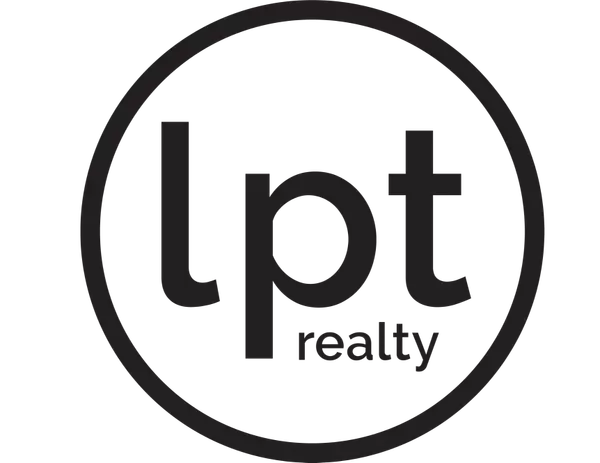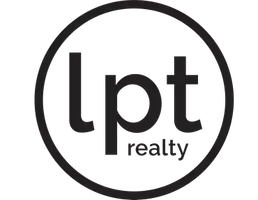Title: Is Owning a Home a Liability or an Asset?
Introduction: For many individuals, the dream of owning a home is deeply ingrained in their aspirations and financial plans. However, as with any significant financial decision, it is crucial to critically evaluate whether owning a home is truly an asset or a liability. While the traditional perception has been that homeownership is a solid investment, this blog aims to explore both perspectives and shed light on the factors that can influence the outcome.
The Case for Homeownership as an Asset:
- Potential Appreciation: Historically, real estate has shown a tendency to appreciate over time. By owning a home, individuals can potentially benefit from the long-term increase in property values, leading to a substantial return on investment.
- Forced Savings: Paying a mortgage allows homeowners to build equity and accumulate wealth gradually. With each payment, a portion goes towards reducing the principal amount, contributing to an individual's net worth.
- Tax Advantages: Homeownership offers certain tax benefits, such as deducting mortgage interest and property taxes. These deductions can help reduce the overall tax burden, leading to potential savings.
The Case for Homeownership as a Liability:
- High Initial Costs: Purchasing a home typically involves substantial upfront expenses, such as the down payment, closing costs, and any necessary repairs or renovations. These costs can strain an individual's finances, making it difficult to allocate funds for other investments or emergencies.
- Maintenance and Upkeep: Homeownership comes with ongoing costs for maintenance, repairs, property taxes, and homeowners' insurance. These expenses can add up significantly over time and require a dedicated budget, potentially impacting an individual's overall financial well-being.
- Lack of Flexibility: Owning a home can limit an individual's mobility, particularly if they need to relocate for job opportunities or personal reasons. Selling a home can be a time-consuming and costly process, potentially causing delays or financial losses.
Considerations and Personal Circumstances:
- Market Conditions: Real estate markets can be volatile, with property values subject to fluctuations. Local market conditions and economic factors play a crucial role in determining whether homeownership will yield significant returns or not.
- Financial Stability: One's financial situation and stability should be considered when deciding whether to purchase a home. Having a stable income, emergency savings, and a good credit score can mitigate some of the risks associated with homeownership.
- Long-term Plans: Individuals should evaluate their long-term plans and goals. If they anticipate staying in one location for an extended period and have the financial means to support homeownership, it may be a viable option. However, those with frequent relocations or uncertain future plans may find renting more suitable.
Conclusion: Determining whether owning a home is a liability or an asset depends on various factors, including market conditions, personal circumstances, and long-term goals. While there are potential financial benefits, such as equity accumulation and potential appreciation, homeownership also entails substantial costs and limits flexibility. It is essential to carefully evaluate one's financial situation, future plans, and market conditions before making a decision. Ultimately, the answer to whether owning a home is a liability or an asset will vary for each individual, and what works for one may not work for another.










